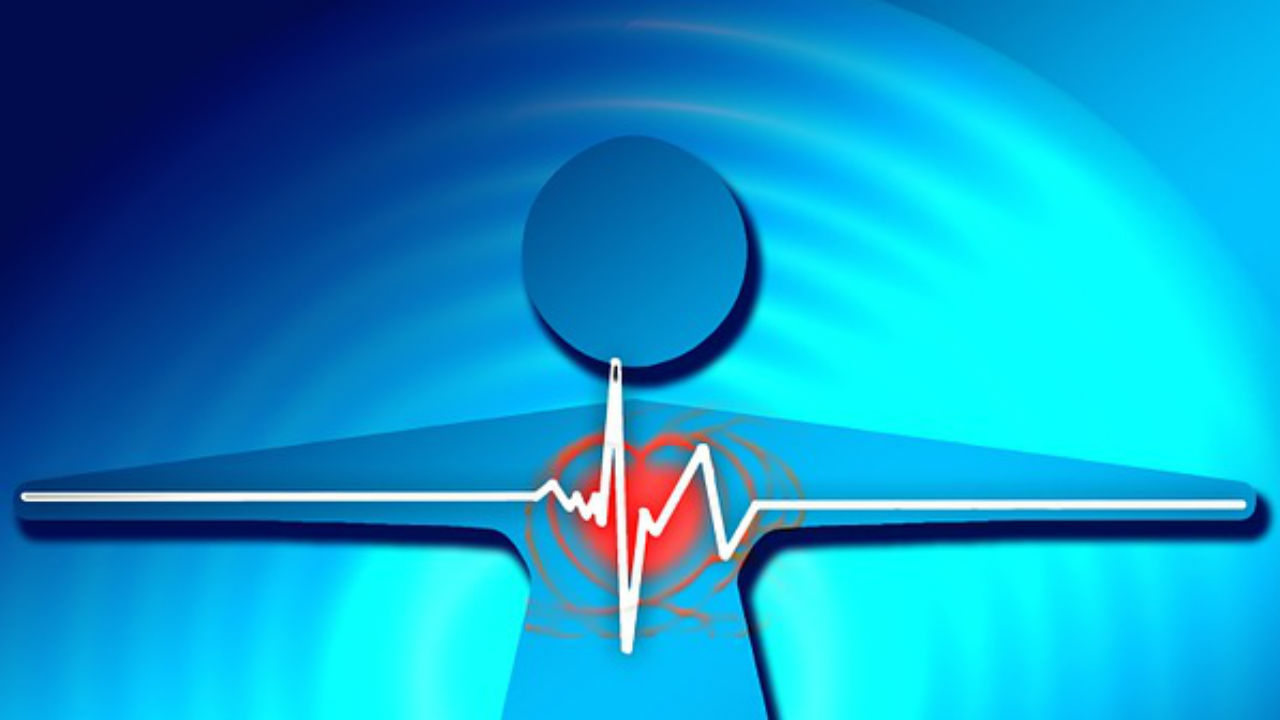When you think about it, the heart is probably the hardest-working part in the entire body. Twenty-four hours a day, seven days a week, 365 days a year the heart is chugging along, pumping blood through our veins, arteries, and capillaries. It never gets to put its coronary feet up for a rest or kick back and relax—it just goes and goes and goes. Our lives literally depend on our heart’s steady beats.
But as you probably know, there are a variety of heart-related conditions that can damage this powerful muscle and cause some serious health issues. If you have been diagnosed with cardiovascular disease, you are far from alone. According to the American Heart Association, over 81 million people in the United States have some form of heart disease. Of this number, over seven million have high blood pressure, also known as hypertension, and over 17 million have or have had some type of coronary heart disease like myocardial infarction (otherwise known as a heart attack), or angina pectoris. Millions more have high cholesterol.
In 2006, cardiovascular disease led to over 830,000 deaths, or 34.3 percent of all deaths for that year. When you think about it, that statistic is just huge. One out of every three people who passed away that year died from heart disease. Clearly, our hearts need our help.
Now that we know the bad news about cardiovascular disease and its impact on our nation’s mortality rates, now it’s time for some good news. As is the case with many health conditions, just because it is common does not mean it is inevitable. There are many things that all of us can do to take back our hearts, so to speak, and make sure they stay as healthy as possible. The following list of tips has all been shown to help maintain and improve cardiovascular health:
1—When it comes to heart health, you are what you eat. According to the Centers for Disease Control and Prevention, what we eat can have an enormous impact on heart health. Following your mom’s advice to eat plenty of fruits and vegetables is a good start. Also, choose foods that are low in cholesterol and saturated fat and high in fiber may help prevent high cholesterol. Keeping salt to a minimum has been linked to a reduction in blood pressure. Processed and take-out foods are notorious for being loaded with salt, so if possible try to limit these foods as much as you can.
2—Exercise regularly. The Surgeon General suggests that adults should engage in “moderate-intensity” exercise for at least 30 minutes most days of the week. This is an important goal because studies have shown that physical activity can help lower cholesterol, blood pressure, and keep your weight down. An article on the Mayo Clinic’s website reminds us that things like housekeeping, taking the stairs instead of the elevator, and walking your dog around the neighborhood will all count towards your daily exercise goal.
For four more tips, please continue reading part 2 of this article!
References:
www.americanheart.org
www.cdc.gov/HeartDisease/what_you_can_do.htm






Add a CommentComments
There are no comments yet. Be the first one and get the conversation started!